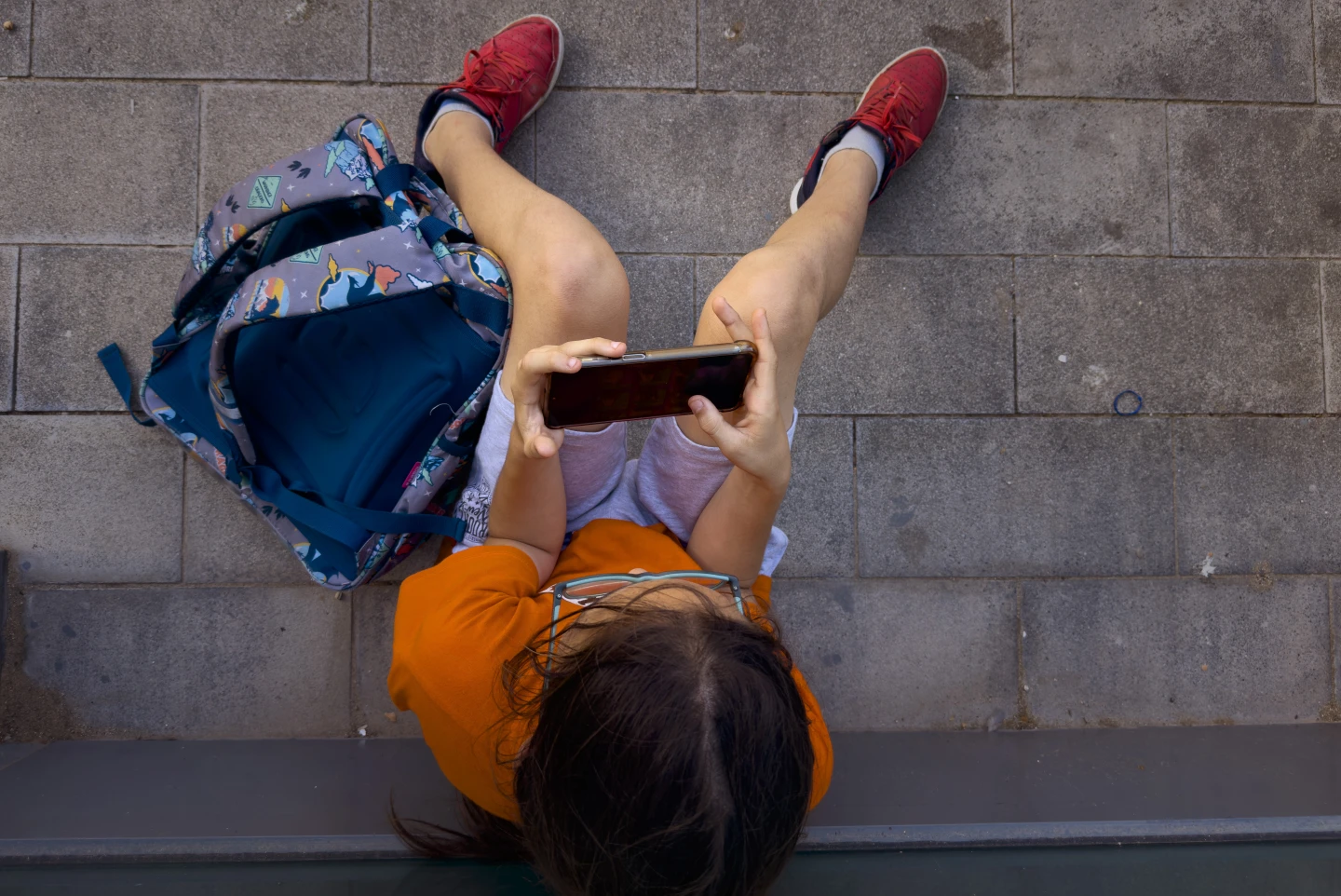There is increasing concern among parents and advocacy groups about the negative effects of smartphones on children, leading to discussions about restricting or even banning their use. These concerns revolve around potential issues such as reduced attention spans and exposure to harmful content.
In response, some schools, including the prestigious Eton College in the UK, are taking steps to limit smartphone use by providing students with basic “brick” phones that only allow calls and texts. The goal is to find a balance between the advantages and challenges of technology in educational settings. Additionally, mobile network EE has recommended that children under the age of 11 should not be given smartphones.
In response to this growing demand for digital moderation, companies like HMD are introducing products that cater to those seeking a “digital detox.” HMD’s senior executive, Lars Silberbauer, acknowledges the shift toward reducing constant digital engagement. While the company is tapping into this trend, there is some skepticism about its motives, as there is still an interest in potentially adding messaging platforms to these basic devices in the future.

Experiencing a basic phone like the Barbie-themed flip phone highlights the significant differences from modern smartphones. The phone lacks an app store, social media access, and advanced messaging features, making it an effective tool for digital detox.
The limitations of the device, such as slow texting and minimal entertainment options, encourage more phone calls and less screen time. Despite its functionality, the phone has gained popularity, particularly among younger users, though this may lead to new pressures on parents to buy branded products instead of smartphones.
The Barbie phone, while novel, is priced higher than other basic phones, raising questions about its practicality for long-term use. Ben Wood, a phone expert, suggests that while some people might enjoy the occasional digital detox, the dependency on smartphones makes it unlikely that many would fully switch to a “dumbphone.” Nevertheless, there is a niche market for these devices, with projections indicating that around 400,000 units will be sold in the UK this year.
Experts emphasize that merely taking away smartphones is not a realistic solution, as they are deeply embedded in daily life. Instead, the focus should be on teaching children how to use technology responsibly and safely. HMD is exploring this balance by collaborating with parents to develop a new device that might offer a middle ground between a basic phone and a full-featured smartphone. This approach aims to provide users with more thoughtful and intentional use of digital technology.






Leave a Reply